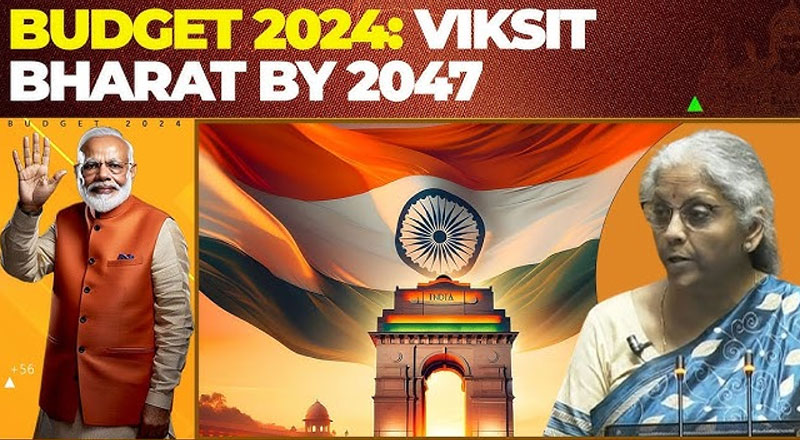A Visionary Economist Joins the RBI
India has taken a significant step in strengthening its financial leadership by appointing noted economist Poonam Gupta as the Deputy Governor of the Reserve Bank of India (RBI) for a three-year term. A former World Bank and International Monetary Fund (IMF) economist, Gupta is widely recognized for her expertise in macroeconomics, international finance, and economic policy.
Currently serving as the Director General of the National Council of Applied Economic Research (NCAER), she has played an instrumental role in shaping India’s economic policies. Gupta succeeds Michael Patra, a veteran RBI official, and her appointment comes at a crucial time, just before the Monetary Policy Committee (MPC) meeting scheduled for April 7-9. With her vast experience in global economic affairs, her inclusion in the RBI leadership is expected to bring fresh perspectives to India’s monetary policy framework.
Poonam Gupta: A Stalwart in Economic Policy
Academic and Professional Journey
Gupta holds a PhD in Economics, specializing in macroeconomics, international trade, and finance. She earned her degrees from the University of Maryland, Delhi School of Economics, and Hindu College (University of Delhi). Over the years, she has built an illustrious career spanning academia, research, and policymaking.
Before leading NCAER, Gupta worked for nearly two decades at the IMF and World Bank, focusing on emerging markets and global financial stability. Her insights on economic growth, monetary policies, and trade have been widely recognized in international financial circles.
She has also been actively involved in academia, having taught at the Delhi School of Economics and the University of Maryland. Additionally, she has held distinguished research positions at institutions such as the Indian Statistical Institute (ISI), the National Institute of Public Finance and Policy (NIPFP), and the Indian Council for Research on International Economic Relations (ICRIER).
Policy Contributions and Thought Leadership
Gupta’s contributions to India’s economic policymaking are extensive. She has served as a:
- Member of the Economic Advisory Council to the Prime Minister.
- Convener of the Advisory Council to the 16th Finance Commission.
- Chair of the Task Force on Macroeconomics and Trade during India’s G20 Presidency.
Her research papers—nearly 50 published works—have been cited in major international publications such as The Economist, The Financial Times, and The Wall Street Journal. Additionally, she co-edited a book on India and China’s economies with renowned economist Barry Eichengreen.
Challenges and Expectations at the RBI
Gupta’s appointment comes at a critical time when India is facing economic headwinds, including:
- Slowing GDP Growth: India’s economic growth rate for the fiscal year ending March 31 is projected at 6.5%, higher than the government’s initial estimate of 6.4% but significantly lower than the 9.2% growth in the previous fiscal year.
- Geopolitical Uncertainties: Global conflicts and trade disruptions continue to impact India’s exchange rates and trade policies.
- Inflationary Pressures: Consumer inflation remains a key concern, affecting purchasing power and monetary stability.
Gupta has been vocal about the need to reassess India’s inflation-targeting framework. In a recent article, she criticized the RBI’s forecasting models, stating that they often miss the mark and do not align with household inflation expectations. She has also argued for a more flexible exchange rate policy, advocating that while the RBI should prevent excessive volatility, it should allow the rupee to adjust more freely in response to global market dynamics.
A Transformative Future for India’s Monetary Policy
With Gupta’s expertise in macroeconomic policy and global finance, her presence in the RBI’s leadership is expected to influence key decisions on monetary policy, inflation control, and financial stability. As one of the four Deputy Governors, she will work alongside M Rajeshwar Rao, T Rabi Sankar, and Swaminathan J., playing a pivotal role in shaping India’s economic trajectory.
Her appointment is seen as a step toward modernizing RBI’s approach, making it more aligned with global best practices and data-driven economic policymaking. As India navigates a complex financial landscape, Gupta’s leadership will be crucial in ensuring monetary stability, fostering economic growth, and strengthening India’s position in global financial markets.
With her deep policy insights and international experience, Gupta’s tenure at the RBI could usher in a new era of economic decision-making, balancing growth aspirations with financial discipline. The upcoming MPC meeting on April 7-9 will be an early indicator of her influence, and stakeholders will closely watch how she contributes to shaping India’s monetary future.
(With agency inputs)





